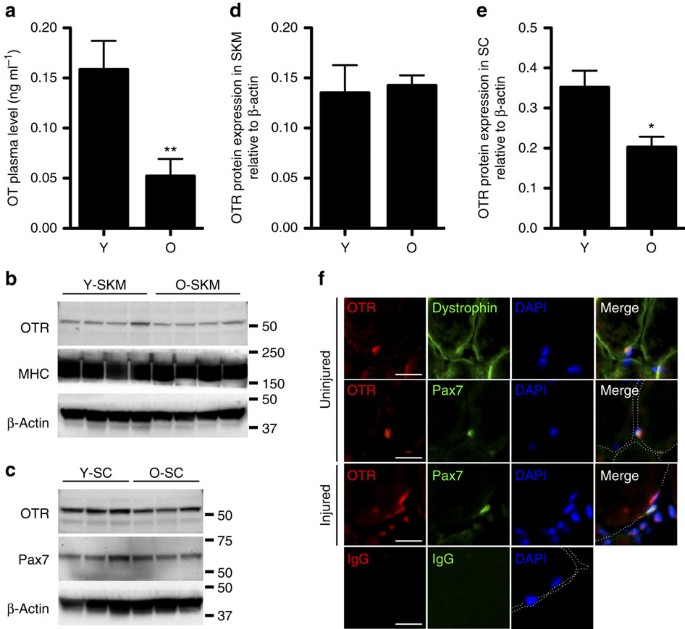Guided_by_Voices
Well-Known Member
Many people in the anti-aging world have heard of the experiments done by the team of Mike and Irina Conboy which involved putting the blood from young mice into old mice and vice versa. In summary it showed that the old mice showed signs of getting younger and the young mice showed signs of getting older. There have subsequently been well-publicized examples of well-funded anti-aging celebrities getting transfusions of young blood. Another implication of the study has received much less attention however and that is that there may be something in the blood of older individuals that is promoting aging since the young mice got older after receiving the old blood. This does not necessarily mean that donating blood will help an old person stay younger since, for example, there may be some sort of signaling molecule in the older blood and removing it will not necessarily reverse the signal. However in the absence of better data, there seems to be no health downside to regular blood donation and it could have an anti-aging benefit due to the above mechanism, as well as removing iron from the body. If one wanted to take this to an advanced level, donating plasma in addition to whole blood would likely be the way to do it as is discussed in the interview with the Conboys below, however whole blood donation might also be beneficial at a slower rate.
For most men, and many older women, regular blood donation should reduce the chance of iron overload and hence have an anti-aging affect, however that seems like a longer-term benefit since the time to draw iron out of tissue is measured in months and years.
I point this out because as I’ve pointed out in multiple threads, many people stress over whether to donate blood due to potentially elevated hematocrit however this discussion seems somewhat moot since other reasons to regularly donate blood include that other people need the blood (!) as well as the reasons stated above. Some people stress over low ferritin and there are conflicting views and date as to whether that is a genuine concern so that is likely an individual decision. As I have pointed out in other threads, ferritin is far from being synonymous with iron status in the blood or in the tissues.
As an aside, I have not heard any conclusive findings on what the properties of young blood are that promote “youthing” but oxytocin has been speculated to be one of them.
Here is an interview in the second half of the link below with the Conboys.
SHR #2948: Could Cannabis Cure the Opioid Crisis? PLUS Plasma Dilution Reduces Biological Age
For most men, and many older women, regular blood donation should reduce the chance of iron overload and hence have an anti-aging affect, however that seems like a longer-term benefit since the time to draw iron out of tissue is measured in months and years.
I point this out because as I’ve pointed out in multiple threads, many people stress over whether to donate blood due to potentially elevated hematocrit however this discussion seems somewhat moot since other reasons to regularly donate blood include that other people need the blood (!) as well as the reasons stated above. Some people stress over low ferritin and there are conflicting views and date as to whether that is a genuine concern so that is likely an individual decision. As I have pointed out in other threads, ferritin is far from being synonymous with iron status in the blood or in the tissues.
As an aside, I have not heard any conclusive findings on what the properties of young blood are that promote “youthing” but oxytocin has been speculated to be one of them.
Here is an interview in the second half of the link below with the Conboys.
SHR #2948: Could Cannabis Cure the Opioid Crisis? PLUS Plasma Dilution Reduces Biological Age




















